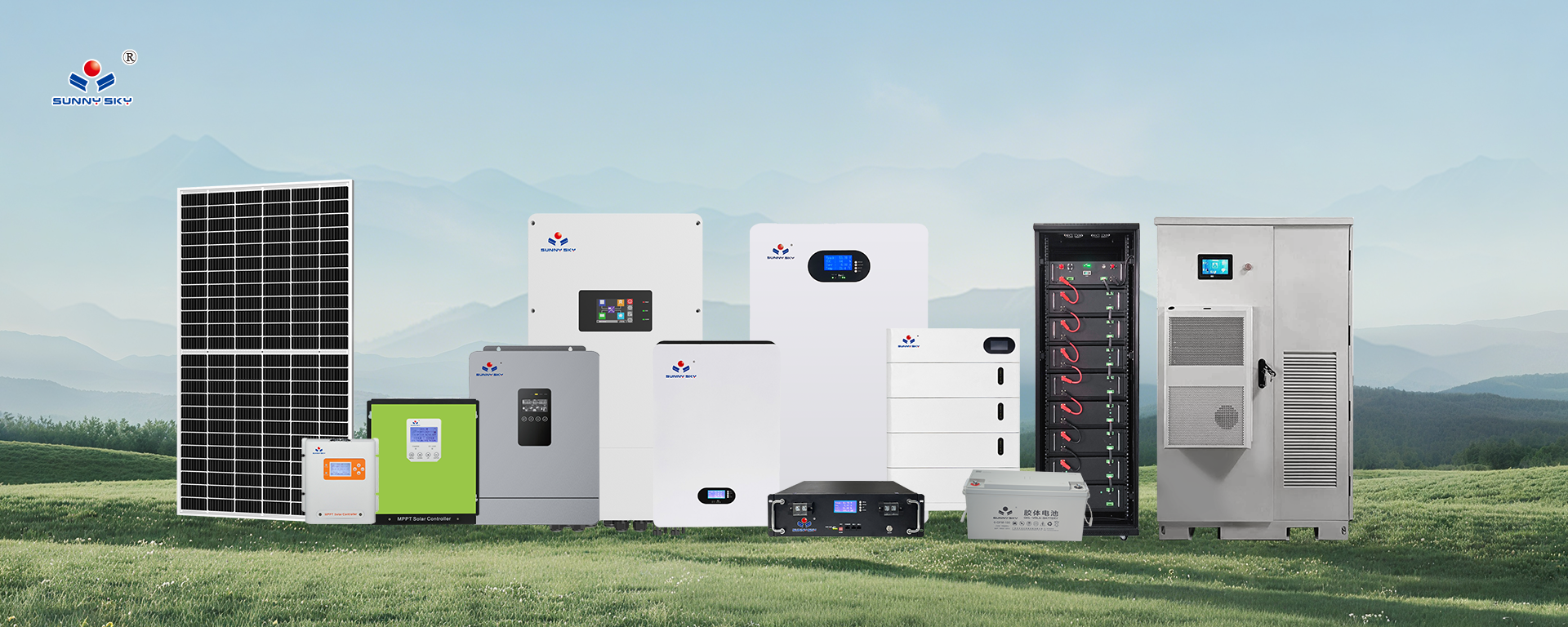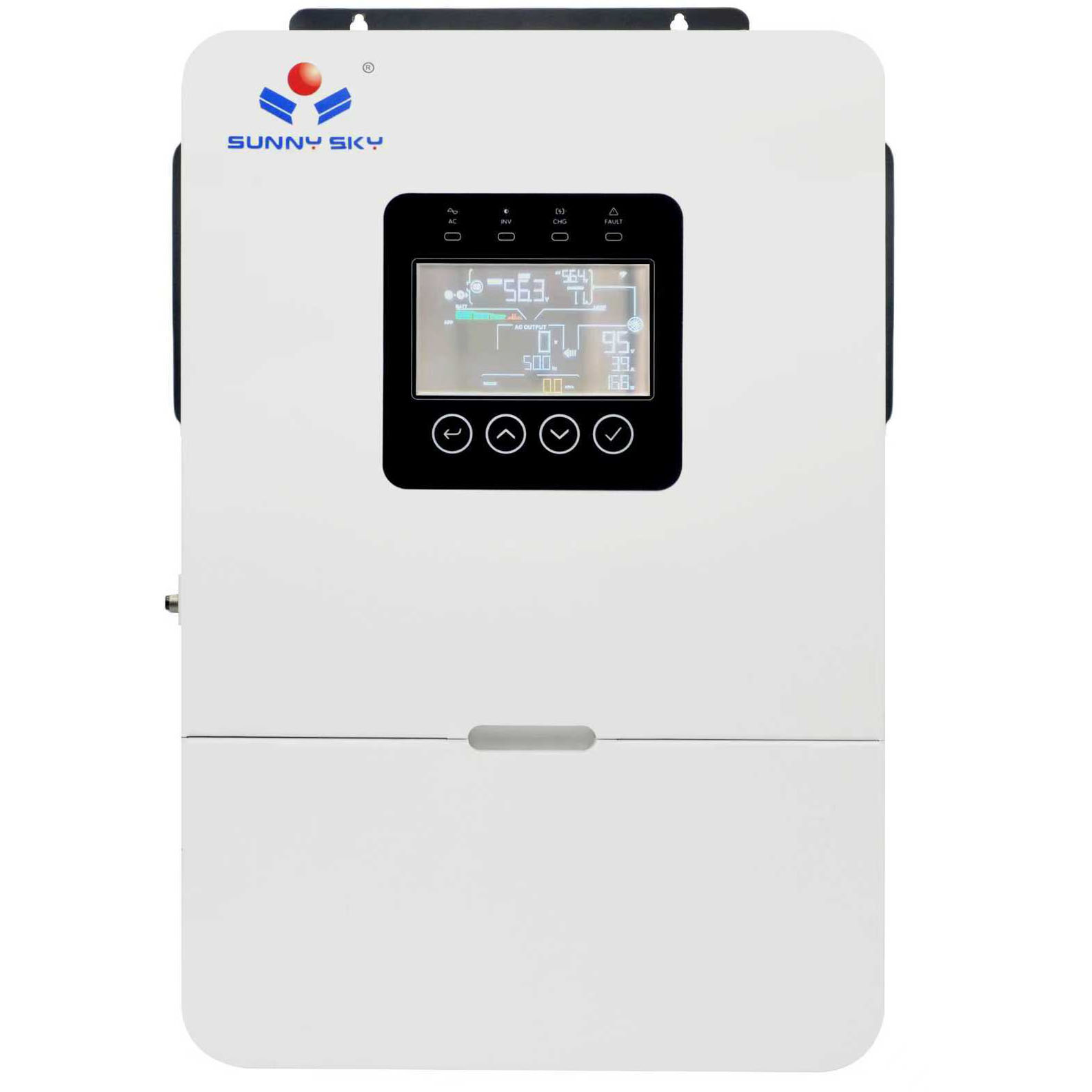Solar inverters are rapidly transforming the energy landscape, becoming essential components in the shift towards renewable energy sources. As global demand for sustainable power solutions grows, solar inverter technology is at the forefront of this revolution, enabling efficient conversion of solar energy into usable electricity for homes and businesses. This trend is driven by increasing awareness of environmental issues and the need for energy independence, making solar inverters a key player in modern energy systems.

The Rise of Hybrid Solar Inverters in Energy Trends
In recent years, hybrid solar inverters have emerged as a major trend, blending solar power with traditional grid electricity to optimize energy use. This innovation addresses the intermittency of solar energy by seamlessly switching between sources, which is particularly relevant for off-grid solar inverter setups in remote areas. According to industry reports, the market for hybrid solar inverters is expanding due to their ability to reduce electricity costs and enhance solar inverter efficiency. For instance, products like the Sunny Sky 6KW Hybrid Solar Inverter exemplify this trend by maximizing output through advanced MPPT technology, ensuring that users get the most from their solar panels. As more consumers seek reliable, all-in-one solutions, hybrid models are projected to dominate the solar power inverter sector, with efficiency rates improving by up to 20% compared to older models.
Key Factors Influencing Solar Inverter Prices and Market Dynamics
One of the most discussed aspects in the solar inverter market is pricing, with solar inverter price fluctuations playing a significant role in adoption rates. Trends show that as manufacturing scales up and technology advances, prices are steadily decreasing, making solar energy inverters more accessible for everyday use, especially in residential settings like solar inverter for home installations. Manufacturers are also focusing on extending warranties, such as those offered by leading solar inverter manufacturers, to build consumer trust and encourage investment. This price trend is intertwined with improvements in solar inverter efficiency, where newer models boast higher conversion rates and better integration with smart home systems. For example, the Sunny Sky 6KW model not only provides robust performance but also features intuitive monitoring, aligning with the broader movement towards smarter, more efficient energy management.
Future Prospects: Efficiency, Sustainability, and Innovations in Solar Inverters
Looking ahead, the evolution of solar inverters is set to accelerate, with trends pointing towards greater integration of AI and IoT for enhanced performance. Solar inverter efficiency will continue to improve, driven by innovations in materials and design, while hybrid solar inverter capabilities expand to include energy storage solutions. This is crucial for applications in solar energy inverter systems that support net-zero goals, as seen in the growing popularity of products designed for both residential and commercial use. The Sunny Sky 6KW Hybrid Solar Inverter, with its focus on safety and adaptability, represents this forward-thinking approach, offering features that protect against common issues like overloading. As we move into a more sustainable future, these trends underscore the importance of choosing high-quality inverters that not only meet current needs but also adapt to emerging technologies, ensuring long-term value and environmental benefits.







